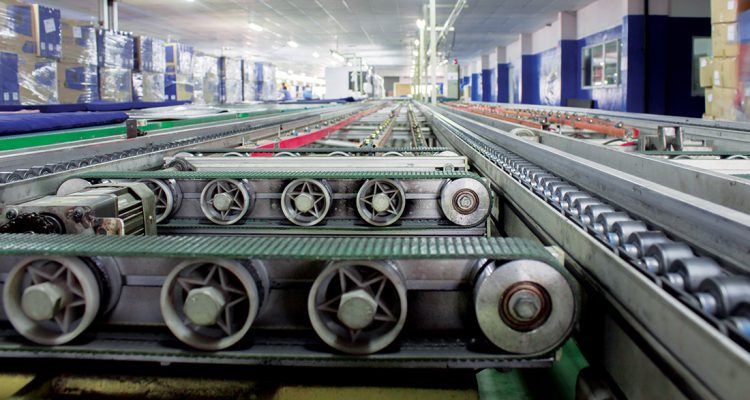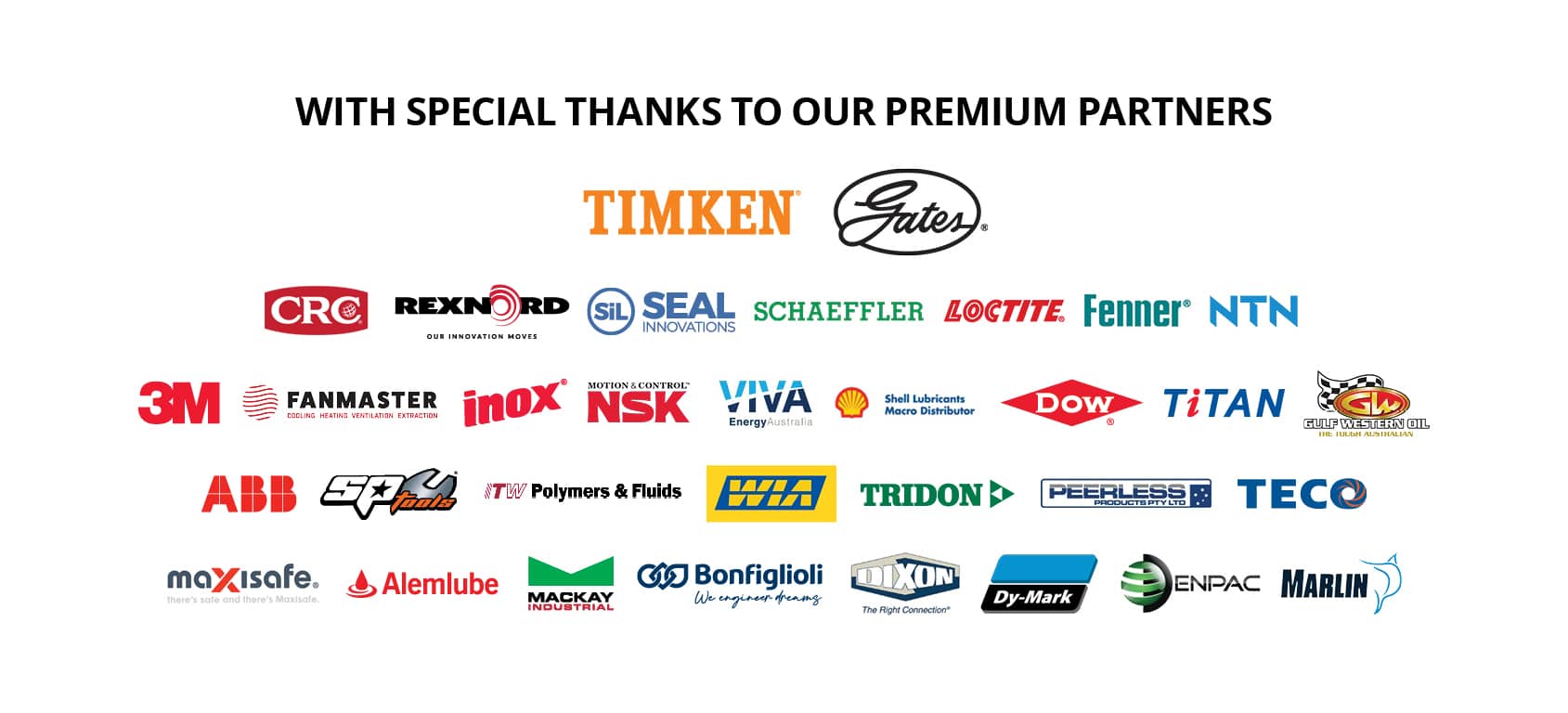
31 Jan Food-grade oil and greases ideal for food manufacturers
Contamination in food and beverage manufacturing plants can be an issue when it comes to machinery like conveyors used in the processing line and the cost of non-compliance can be impactful. All it takes is incidental contamination with non-food grade oil and a whole line of product can be consigned to the rubbish bin and have an impact to your bottom line.
While Australia doesn’t have too many product recalls, when they do, it can cost the manufacturer hundreds of thousands of dollars in downtime and product losses. Then there is the damage to a brand’s reputation – that impact can be much harder to calculate and can have ramifications long after the ‘issue’ is resolved.
When you want to protect your own brand, one way to do this is to partner with other businesses that have your interests at heart. ROCOL® brand of food grade oil and greases, are specifically made to use in the food and beverage industry and are distributed nationally by BSC.
Kelvin McCarron, who is the BSC sales representative situated in the NSW country town of Orange, is a fan. His staff, and those at the 80 BSC-affiliated branches around the country, have an intimate knowledge of the ROCOL® range and how it can help maintenance managers keep their plant in tip-top shape.
“We get a lot of people coming in and asking for ROCOL® Food Grade lubricants by name,” he said. “That doesn’t happen with all the brands we stock. We’ve quite a large range of ROCOL® products on our shelves, and our BSC distribution centres in Melbourne and Sydney both stock it, so if we run out of it here, it is readily available the next day.”
McCarron was responsible for bringing the ROCOL® range to Orange, and has since built up a trusted relationship with many of his customers who respect his expertise and his team’s judgement when it comes to using these oils and greases. Why is this range of greases and oils popular in the food and beverage space? Because they offer cost savings in ways some customers don’t think about, according to McCarron.
“One of the key elements we found is that the oils and greases cover a lot of uses,” he said. “In some instances, you only need one on the shelf. For example, with some of ROCOL® oils, as well as using them for what they are designed to do in the food and beverage industry, they can be used for servicing other machinery like gearboxes and chains on conveyor belts. You do not have to carry two types of oil.”
Emilio Seballos is the territory sales manager for ITW, and he said there is a philosophy behind the use of these oils and greases for the food industry.
“If you look at our offerings, they are a tight range. The reason for that is that we try and work on rationalisation and simplification. We try and cut down on the amount of lubrication you are carrying on site,” said Seballos. “That is a big focus for us; the rationalisation and simplification to help our customers be more productive. Also, because it is a high-quality, synthetic lubricant, the interval between lubrication events is going to be longer, so you get cost savings, but more importantly your line runs without interruption for longer too.”
Working in tandem with BSC, ITW knows that this range can be the answer to a lot of manufacturing and processing plants by making sure plant and machinery don’t become contaminated if there is leakage from machinery. The range is made with FDA-approved ingredients and are also NSF and HACCP approved. Seballos points out that there are no allergens or GM content in the ROCOL® lubrication range.
“Some of the issues within the industry that were starting to come up were a lot to do with compliance. That was the biggest thing in the food industry from a lubrication standpoint,” said Seballos.
“You take something like harvesting grapes or walnuts – a lot of those harvesting machines are running hydraulics. Incidental contamination from leaks of non-food grade oil may lead to the loss of the whole batch of product you have just harvested. If it happens when you’re out in the field, it could be over the vines or trees, too. You’ve contaminated the whole area where these hydraulic lines are leaking.”
BSC and ITW have a symbiotic relationship, which in turn is a win-win situation for our customers. “Our relationship with ITW is great,” said BSC’s Mccarron. “They offer us a lot of support, which means we can give our customers a lot of support too.”

